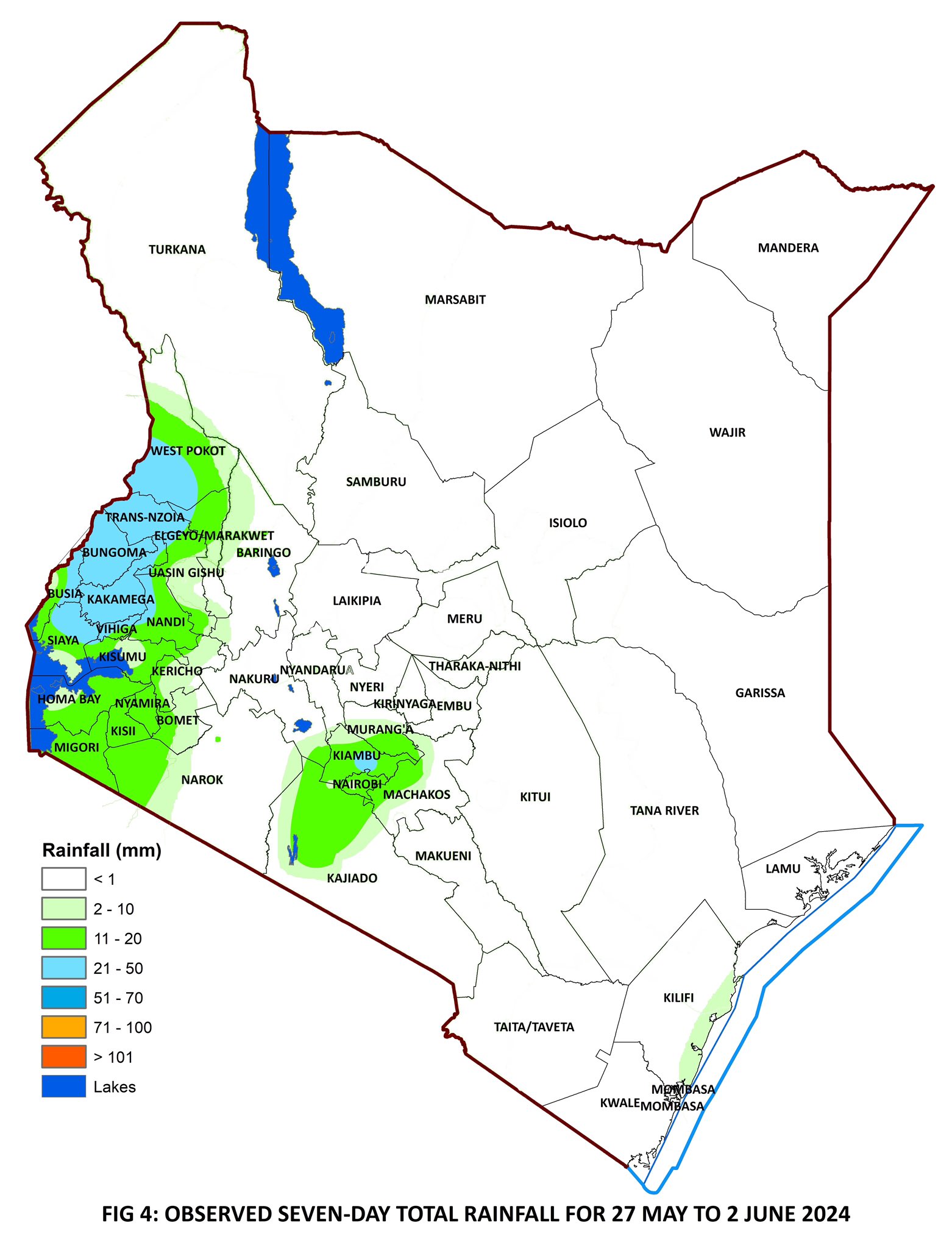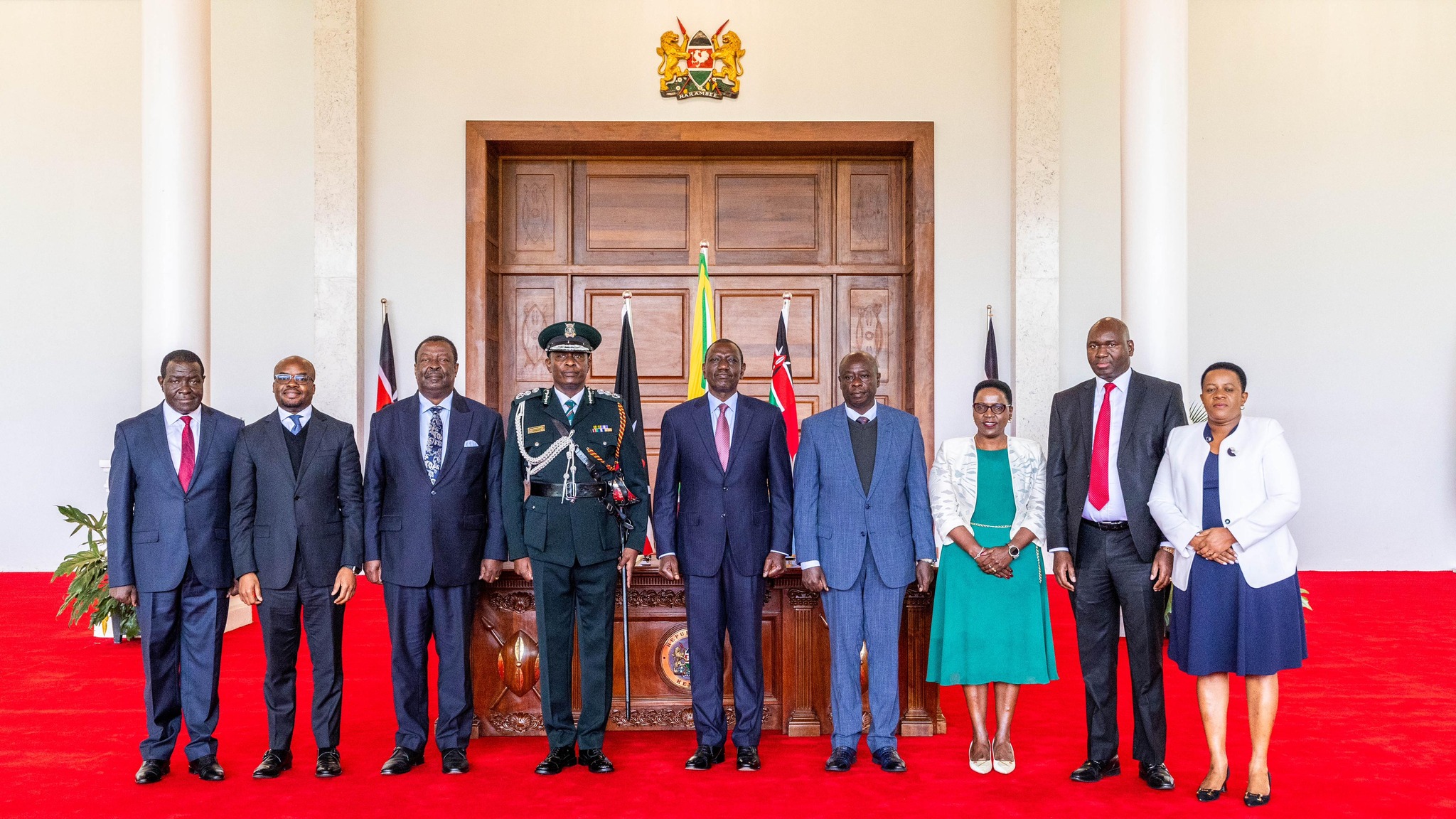
Children are separated from their parents due to either poverty, the unfortunate cases of orphans without guardians, or other pull and push factors. Some are abandoned at birth and it is the country’s collective responsibility to protect the Kenyan child.
With the phasing out of the Children’s Homes, the Kenya Kwanza government is looking towards reform care where rescued children can be integrated back into their families, or if need be, shall be placed in Temporary places of Safety awaiting Adoption or foster care.
Children thrive best in the environment within families/ parents or caregivers. The phasing out will be beneficial is several ways:
- Familial Bonds.
Placing children in family-based care, such as foster care or adoption, promotes the development of strong emotional bonds within a family unit. This connection can provide children with a sense of belonging, security, and stability that may be lacking in institutional settings.
- Cultural Identity.
Living within a family context helps children maintain their cultural and social identity. They can grow up within a cultural and familial context that is more consistent with their heritage, language, and traditions.
- Life Skills Development and Better Education.
Children in a family based setting are more likely to experience better and more consistent education which enables them to lead more stable lives in comparison to an institutionalized setting.
This setting also allows children can learn essential life skills by observing and participating in day-to-day family activities. This prepares them for adulthood and independent living.
The Government is committed to implementing the Children’s Act 2022 that prioritizes children.








